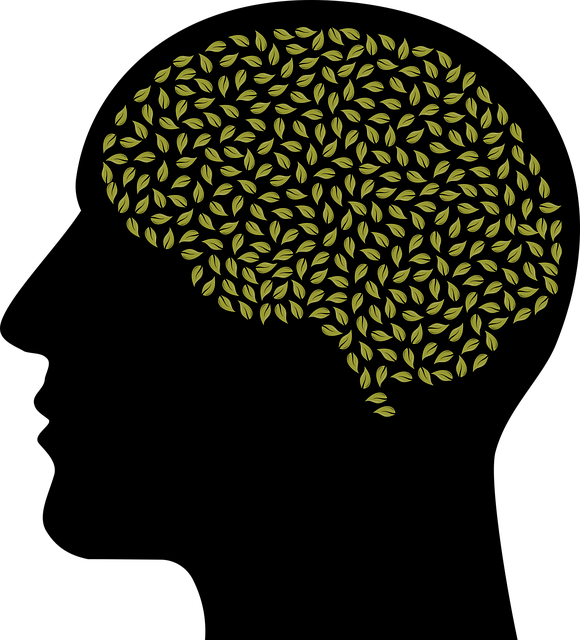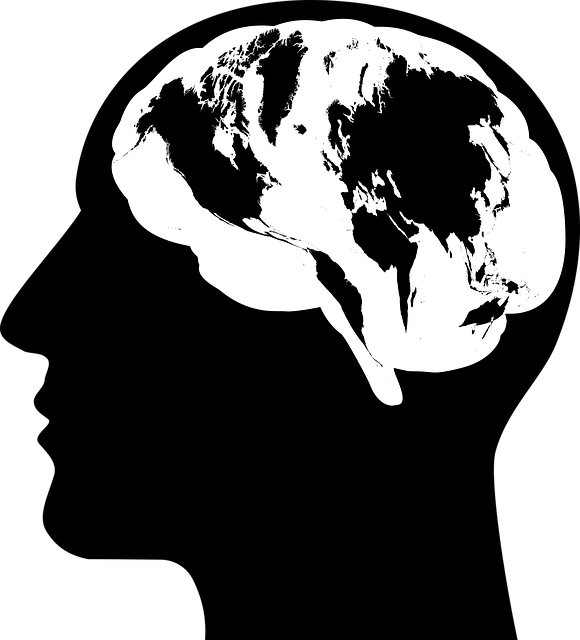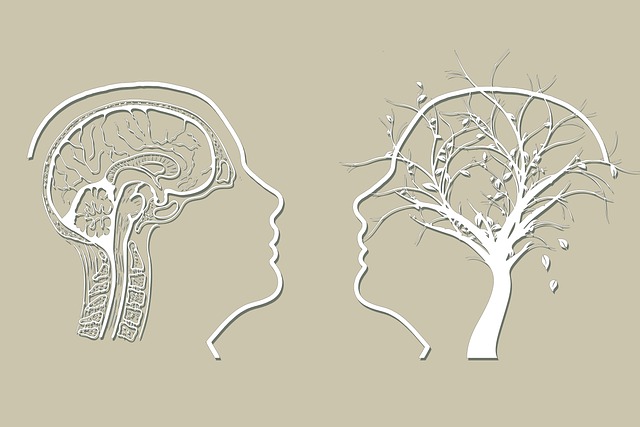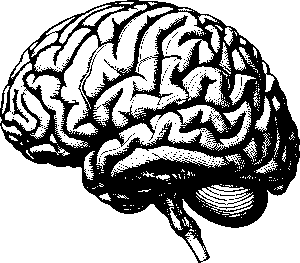Integrative psychotherapy offers a holistic approach to mental health by combining elements from various therapeutic schools, such as cognitive-behavioral therapy (CBT), mindfulness, and psychodynamic therapy. This personalized method addresses biological, emotional, relational, and spiritual factors for lasting positive changes in mental well-being. It benefits individuals with common disorders like depression, anxiety, PTSD, and OCD, fostering self-awareness, emotional regulation, personal growth, better communication, and increased resilience. Future research continues to develop innovative integrated approaches, leveraging technology and personalized medicine for greater accessibility and precision in mental health psychotherapy.
Integrative psychotherapy is a holistic approach to mental health that combines diverse therapeutic techniques to tailor treatment to individual needs. This article delves into the principles, key techniques, and benefits of this versatile method. We explore its application in treating common disorders, the essential skills required for therapists, and future research directions. By understanding integrative psychotherapy, individuals seeking support can make informed decisions regarding their mental health journey.
Understanding Integrative Psychotherapy: A Holistic Approach to Mental Health

Integrative psychotherapy takes a holistic approach to mental health, recognizing that each individual’s psychological well-being is influenced by a complex interplay of factors—including biological, emotional, relational, and spiritual aspects. Unlike traditional therapeutic modalities that focus on a single theoretical framework, integrative therapy combines elements from various schools of thought to create a personalized treatment plan tailored to the unique needs of each client.
This multifaceted approach allows therapists to address the whole person—mind, body, and spirit—in order to achieve lasting positive changes in mental health. By integrating techniques from cognitive-behavioral therapy, psychodynamic therapy, mindfulness practices, and more, integrative psychotherapy offers a comprehensive and effective method for promoting healing and growth, fostering resilience, and enhancing overall well-being.
Key Techniques in Integrative Psychotherapy

Integrative psychotherapy is a versatile approach that combines various therapeutic techniques, drawing from different schools of thought to create a personalized treatment plan for each client. This method recognizes that every individual’s mental health journey is unique and benefits from a tailored strategy. Key techniques include cognitive behavioral therapy (CBT), mindfulness-based practices, psychodynamic therapy, and solution-focused approaches. CBT helps clients identify and challenge negative thought patterns, while mindfulness encourages present-moment awareness to reduce anxiety and stress. Psychodynamic therapy delves into unconscious motivations and past experiences, offering insights that facilitate personal growth. Solution-focused brief therapy empowers individuals by helping them define and achieve their desired goals, fostering resilience and adaptive coping strategies for improved mental health.
Benefits of Integrative Therapy for Individuals and Relationships

Integrative psychotherapy offers a multitude of benefits for both individuals and relationships, making it an increasingly popular approach in the field of mental health psychotherapy. By combining various therapeutic techniques from different schools of thought, this holistic method allows for a tailored and comprehensive treatment plan that addresses multiple aspects of a client’s well-being. For individuals, integrative therapy can help foster self-awareness, enhance emotional regulation skills, and promote personal growth by exploring and integrating different parts of the self.
In relationships, this approach facilitates better communication, empathy, and understanding between partners. By combining elements from cognitive-behavioural, humanistic, and other therapeutic modalities, integrative therapy encourages couples to gain new insights into their dynamics, resolve conflicts more effectively, and strengthen their bond. The benefits extend beyond improved relationship satisfaction, as individuals often experience increased resilience, enhanced coping strategies, and a greater sense of purpose in both personal and professional spheres.
Common Disorders Treated with Integrative Psychotherapy Methods

Integrative psychotherapy techniques are employed to address a wide range of common mental health disorders. These methods combine various therapeutic approaches, allowing for a tailored and holistic treatment plan that caters to the unique needs of each individual. Disorders such as depression, anxiety, post-traumatic stress disorder (PTSD), and obsessive-compulsive disorder (OCD) often respond well to integrative psychotherapy.
By integrating techniques from cognitive-behavioural therapy (CBT), mindfulness practices, psychodynamic therapy, and other evidence-based methods, mental health professionals can offer comprehensive care. CBT helps individuals identify and challenge negative thought patterns, while mindfulness practices promote present-moment awareness and emotional regulation. Psychodynamic therapy delves into unconscious processes and past experiences to gain insights into current behaviours and beliefs. This multi-faceted approach ensures that patients receive a well-rounded treatment that addresses the root causes of their distress and fosters long-term mental well-being.
The Role of the Therapist: Skills and Training Required

The therapist plays a pivotal role in integrative psychotherapy, serving as a guide and facilitator for clients on their journey to healing and self-discovery. They must possess a deep understanding of various therapeutic modalities, such as cognitive-behavioural therapy (CBT), mindfulness-based practices, psychodynamic approaches, and more. This comprehensive knowledge allows them to tailor sessions to meet the unique needs of each client.
Skills like active listening, empathy, and strong communication are essential. Therapists must be trained in evaluating mental health conditions, designing individualized treatment plans, and adapting their methods as clients progress. Continuous professional development is key to staying updated with the latest research and techniques in psychotherapy, ensuring effective and compassionate support for those seeking mental health services.
Future Prospects and Research in Integrative Mental Health Therapy

The future prospects of integrative mental health therapy are promising, as researchers continue to explore and develop innovative approaches that combine various evidence-based practices. This field is rapidly evolving, driven by a growing body of research highlighting the benefits of integrating different therapeutic modalities for improved patient outcomes. By combining elements from cognitive-behavioral therapy (CBT), mindfulness-based interventions, psychodynamic therapy, and more, integrative psychotherapy offers a holistic approach tailored to individual needs.
Ongoing research aims to understand the underlying mechanisms of various techniques, explore their effectiveness in treating specific disorders, and identify optimal ways to integrate them. With advancements in technology and an increasing emphasis on personalized medicine, mental health psychotherapy is poised to become even more precise and accessible. Future studies may also delve into virtual reality therapy integration, cultural adaptations, and the development of tailored interventions for diverse populations, ensuring that integrative techniques remain relevant and impactful in a constantly changing healthcare landscape.
